JFCU’s projects are built to bring lasting positive impact to the vulnerable children in the community. We ensure that beneficiaries experience a shift, stakeholders rethink strategy with understanding and the future becomes more hopeful.
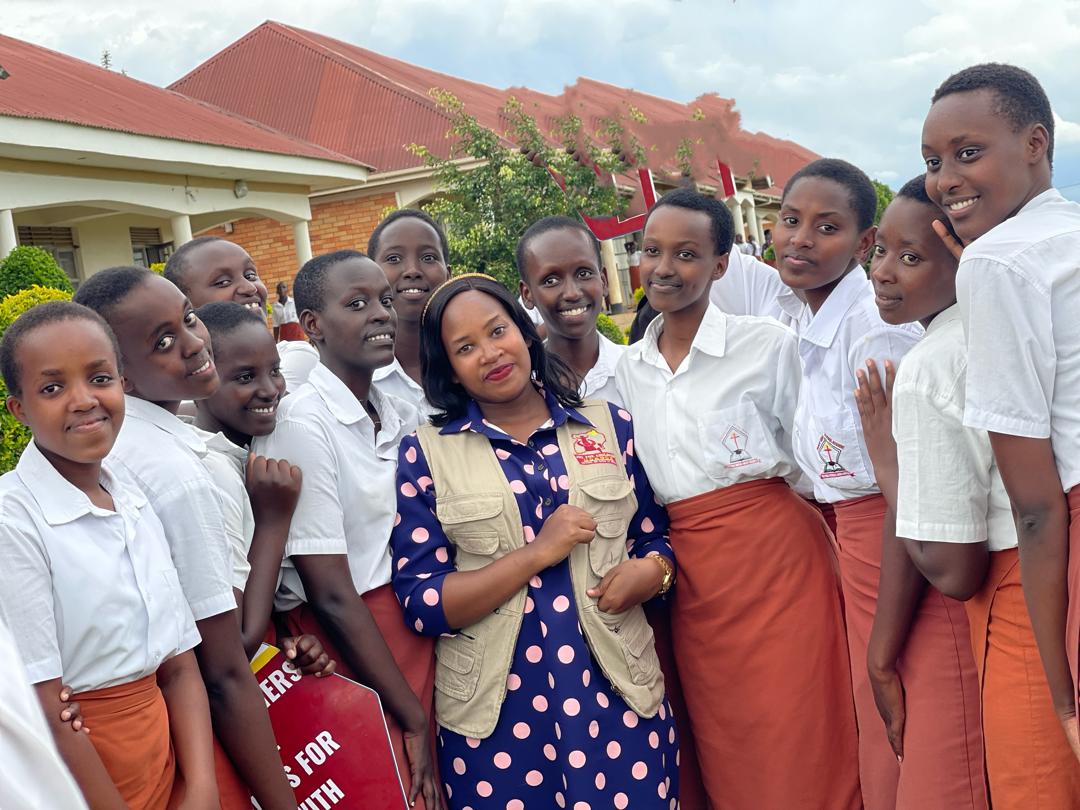
UGANDA SECONDARY EDUCATION EXPANSION PROJECT (USEEP)
Joy for Children Uganda in partnership with Windle International Uganda will be implementing the Uganda Secondary School Project (USEEP) Lot…
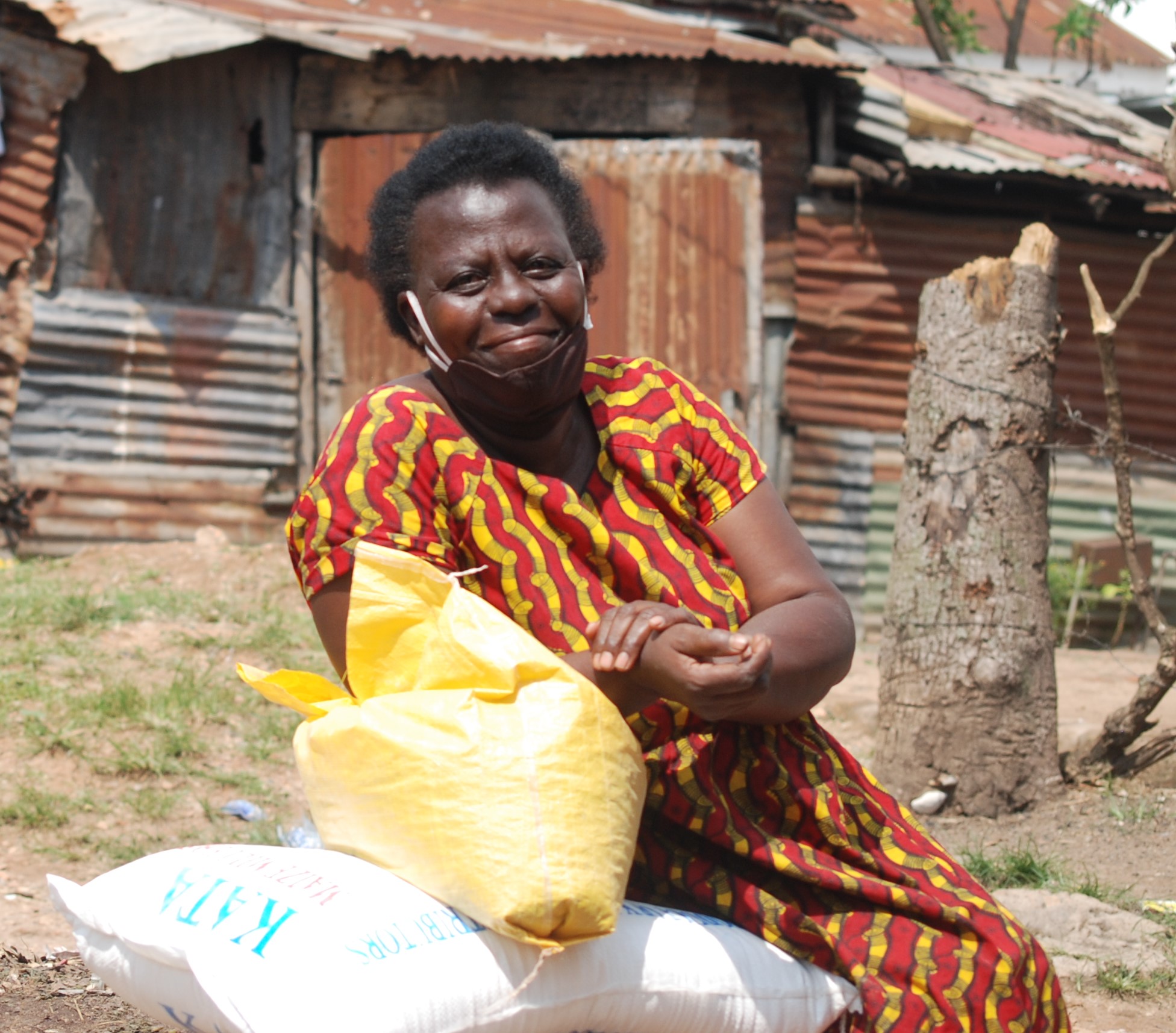
Kampala Slum Women Project
In Uganda, the slums of Kampala are some of the most challenging environments, deeply entrenched in poverty and scarcity. These…
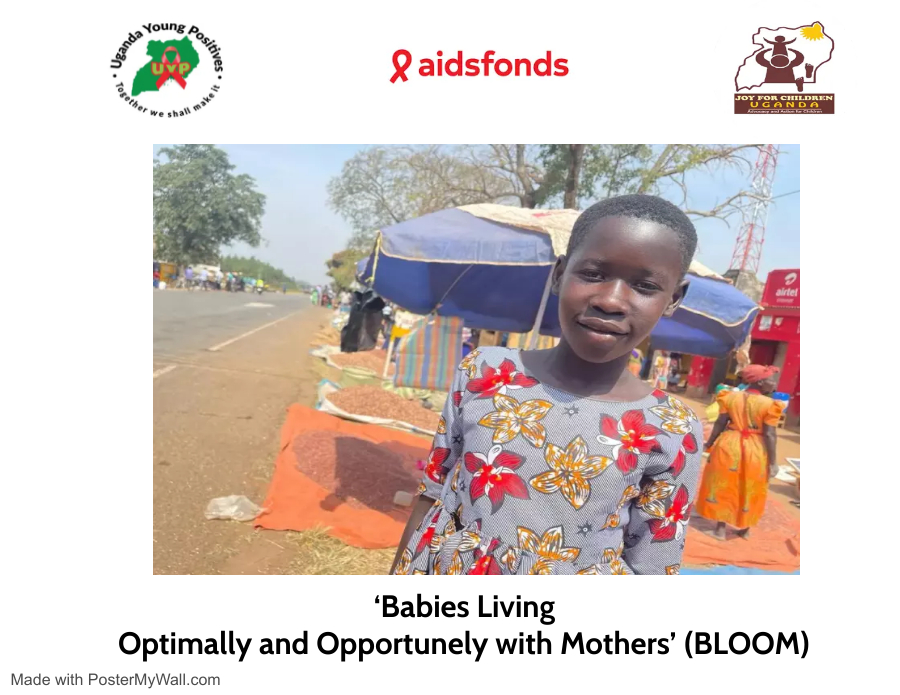
Babies Living Optimally and Opportunely with Mothers’ (BLOOM)
Uganda Young Positives and Joy for children Uganda is implementing a ‘Babies Living Optimally and Opportunely with Mothers’ (BLOOM) project…
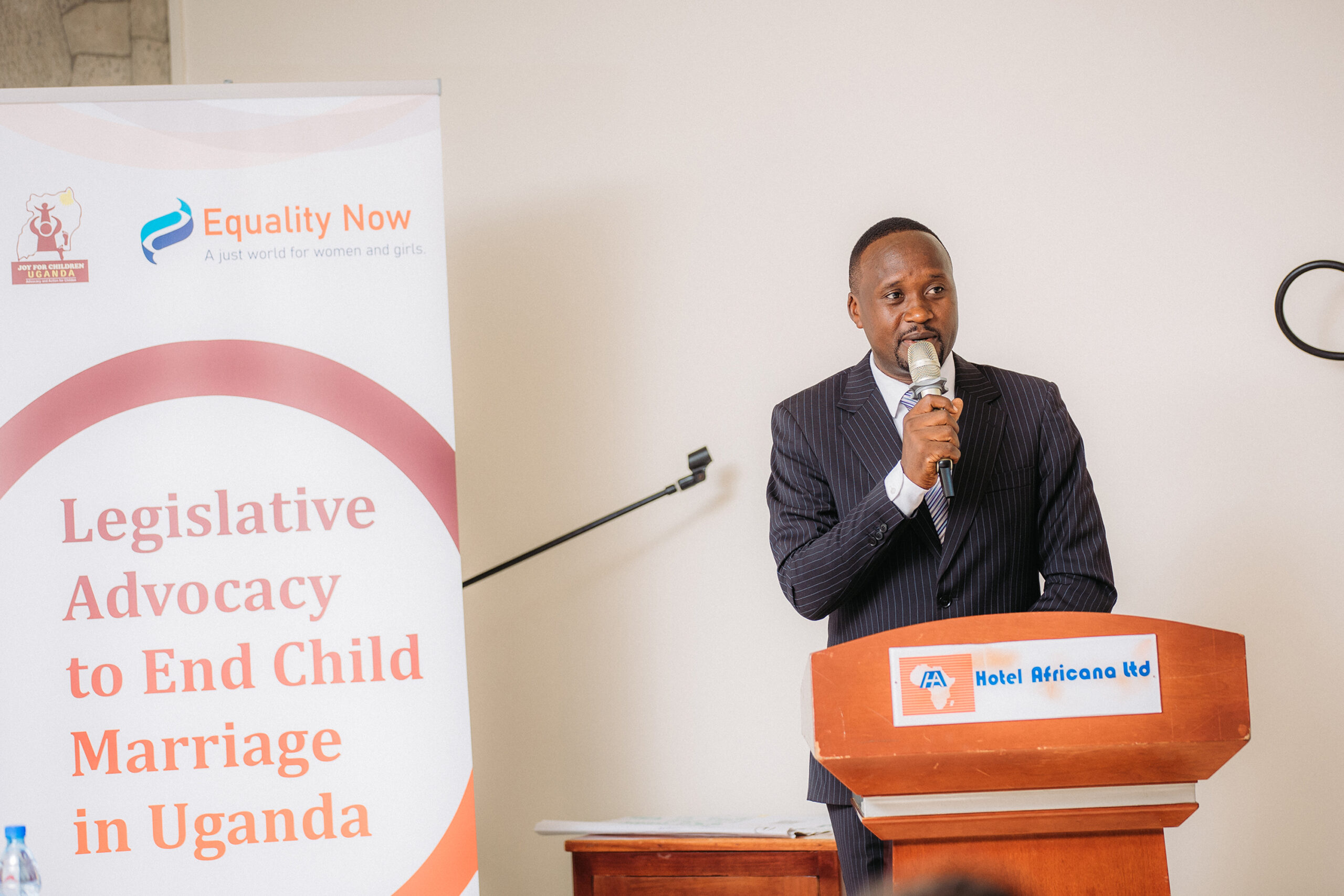
Legislative Advocacy to End Child Marriage in Uganda
Joy for Children- Uganda is working with members of parliament most especially Uganda Parliamentary Forum for Children (UPFC) and Uganda…
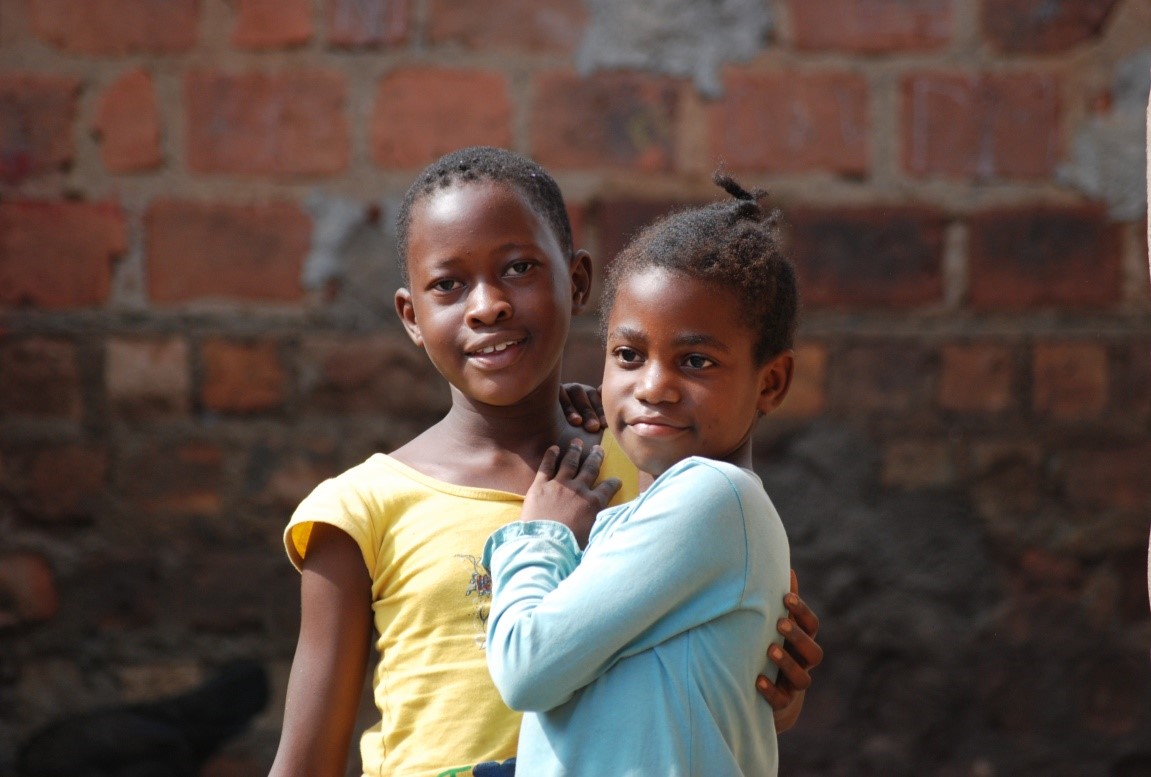
Sponsor a Child in Uganda
The lead cause for school dropouts in Uganda is poverty. Most families survive on less than 1 or 2 US-$…
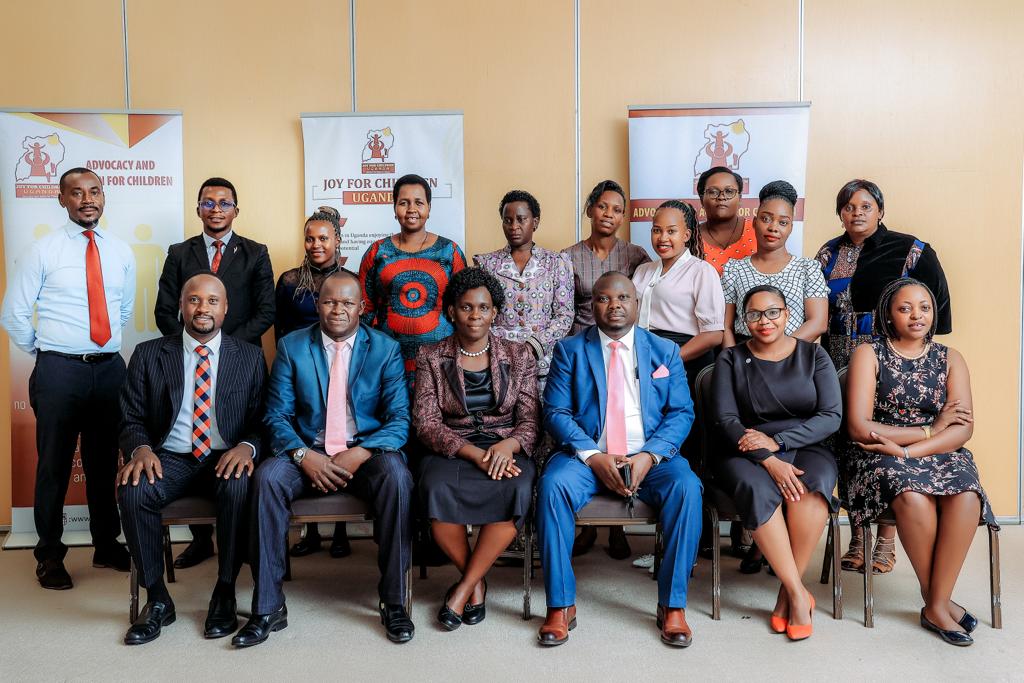
Advocacy for Enacting of the Sexual Offences Bill and popularizing the National Education Sexuality Framework in Uganda
Joy for Children Uganda (JFCU) is working with Uganda Parliamentary Forum for Children (UPFC) and Uganda Women Parliamentary Association (UWOPA)…
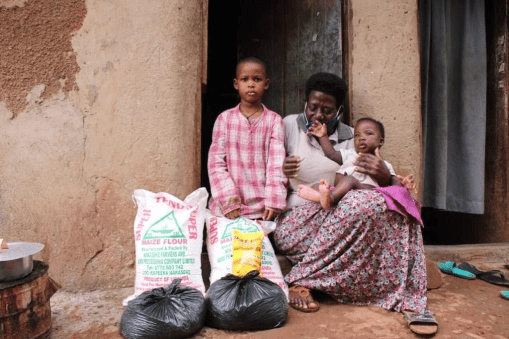
Feed 1200 children and 400 women during LOCKDOWN
COVID 19 is a global challenge. This has had huge effects especially for the most vulnerable in our communities -…
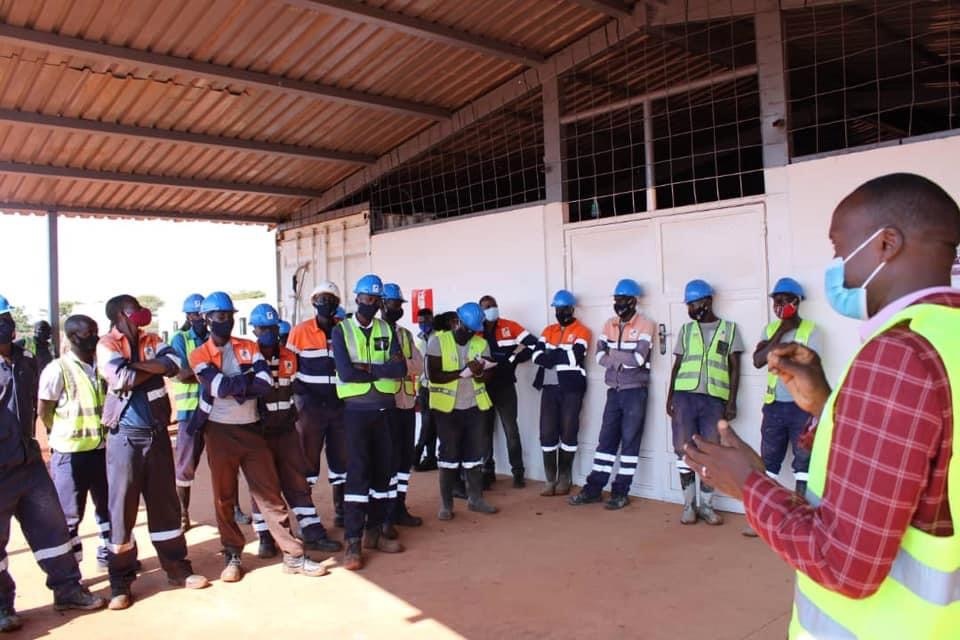
MANAGING AND MITIGATING SOCIAL RISKS ASSOCIATED WITH GENDER-BASED VIOLENCE AND VIOLENCE AGAINST CHILDREN ALONG NORTH-EASTERN ROAD CORRIDOR ASSET MANAGEMENT PROJECT (NERAMP)
Joy for Children-Uganda was awarded a contract by Uganda National Road Authority to manage the social risks associated with Gender…
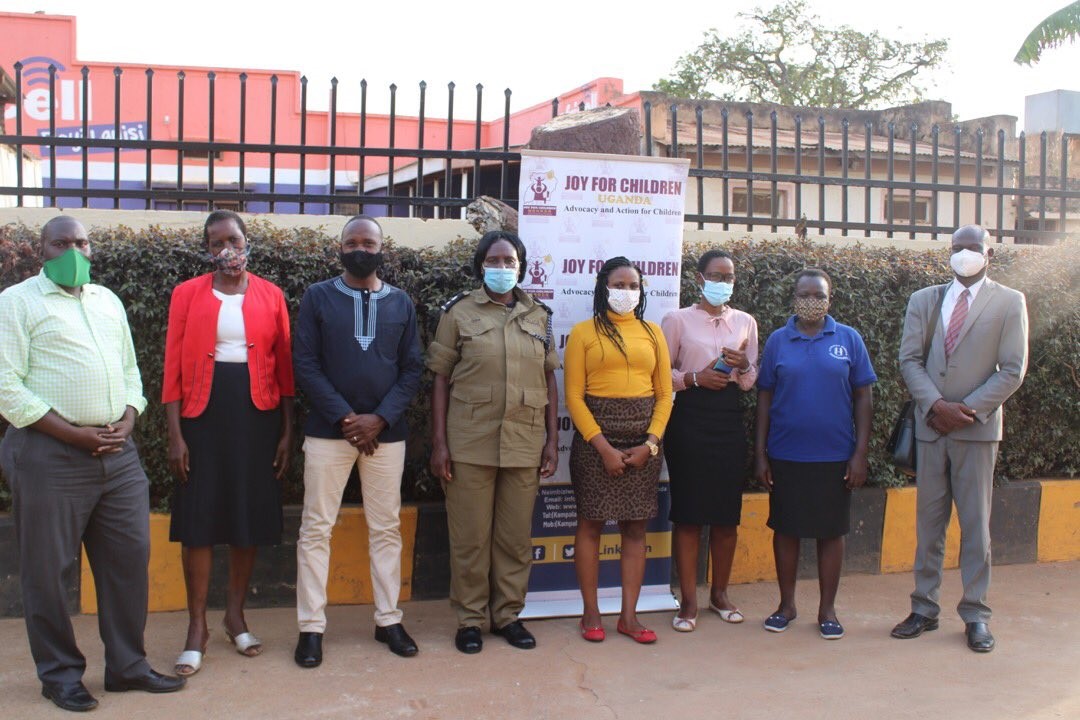
Enhancing Coordination and Learning to End Child Marriage in Uganda
Uganda has the sixteenth highest prevalence of child marriage in the world (UNICEF) especially among the less educated and low…
Addressing Violence Against Women And Girls In Mining Areas Of Kitgum District
Women and girls living in mining areas suffer enduring physical and mental health. This frustrates their ability to survive and…
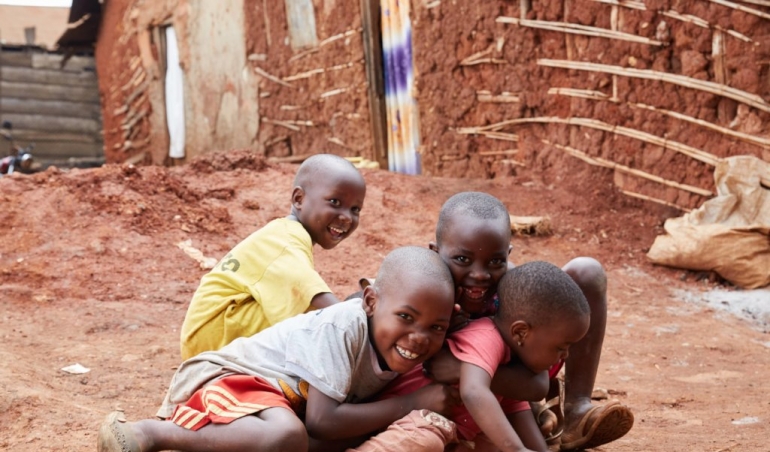
Supporting Data-Based Advocacy To Reduce The Prevalence Of Violence Against Child (VAC) Gender Based Violence (GBV) And Sexual Exploitation And Abuse (SEA) During COVID-19 Pandemic In Pader And Gulu Districts
The Global Fund For Human Rights The COVID-19 pandemic and the associated movement and contact restrictions instituted to mitigate the…
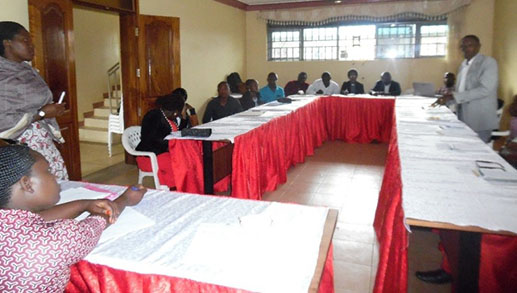
Action To End Violence Against Children In Households, Schools And Communities In Kabarole District
Action to End Violence Against Children in Families, Schools and Communities in Kabarole District, is a three-year project. It’s main…
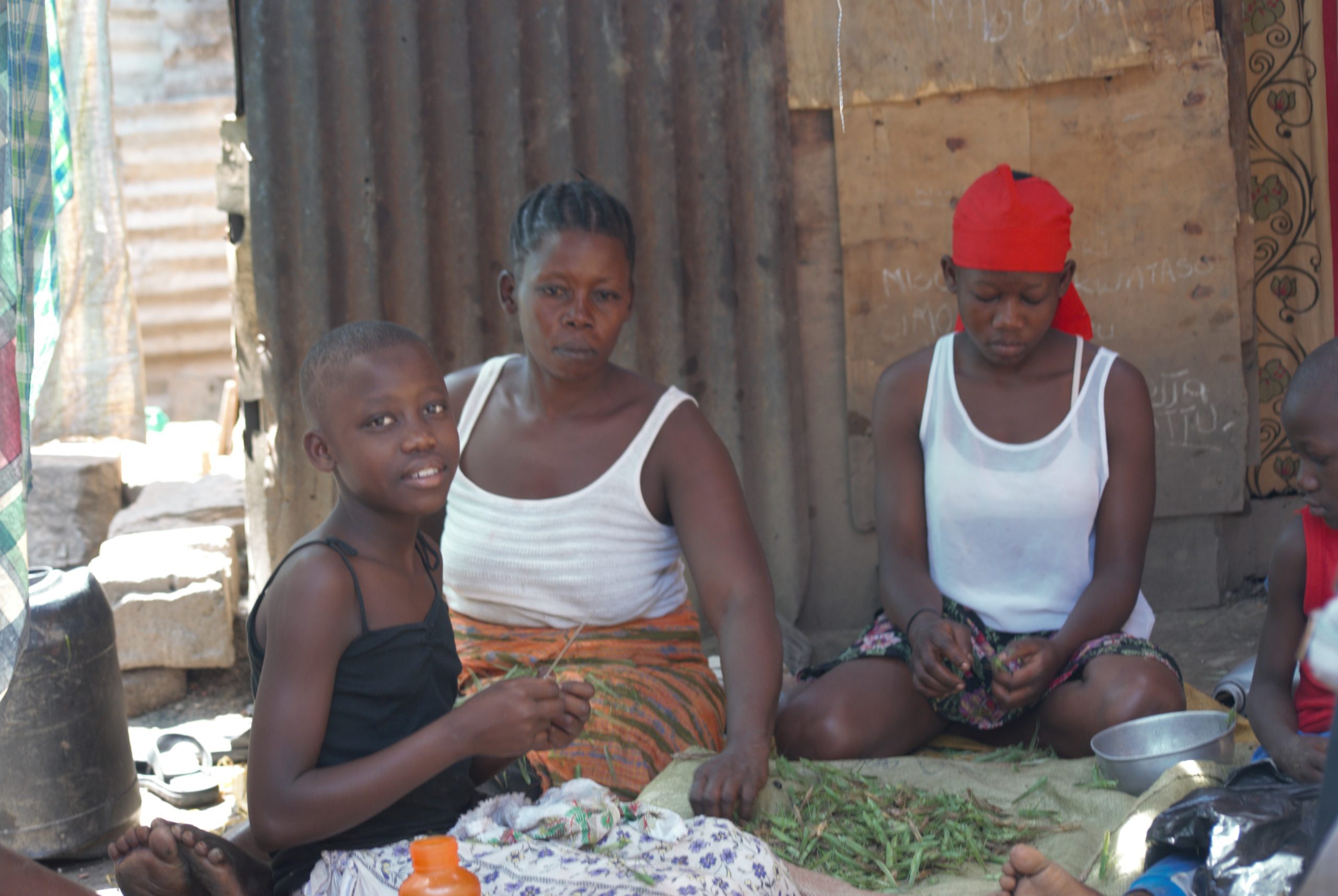
Enhancing Collaboration And Legal Action To End Harmful Practices (Child Marriages) In Uganda
Uganda has one of the highest child marriage prevalence rates in the world at 40% (UNICEF 2016). Nearly one in…
Harnessing The Potential Of Female Adolescent Sexuality To End Child Marriage
Community knowledge, experiences and actions that happen organically are important in bringing to light the understanding and experience from knowledgeable…
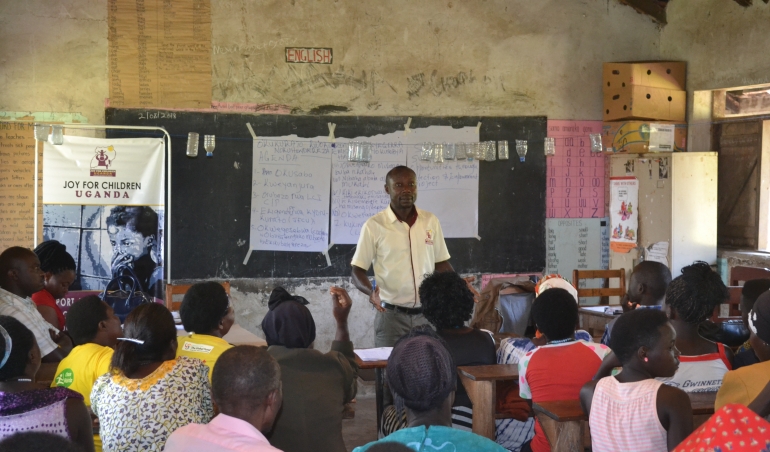
Supporting Children Opportunities Through Protection And Empowerment
The Supporting Children Opportunities through Protection and Empowerment (SCOPE) is a World Bank-funded Project implemented by the Ministry of Gender,…
Accelerate Progress Towards Ending Child Marriage In Uganda
The girl child is seen as a commodity through which the family can earn livelihood, especially in vulnerable communities in…
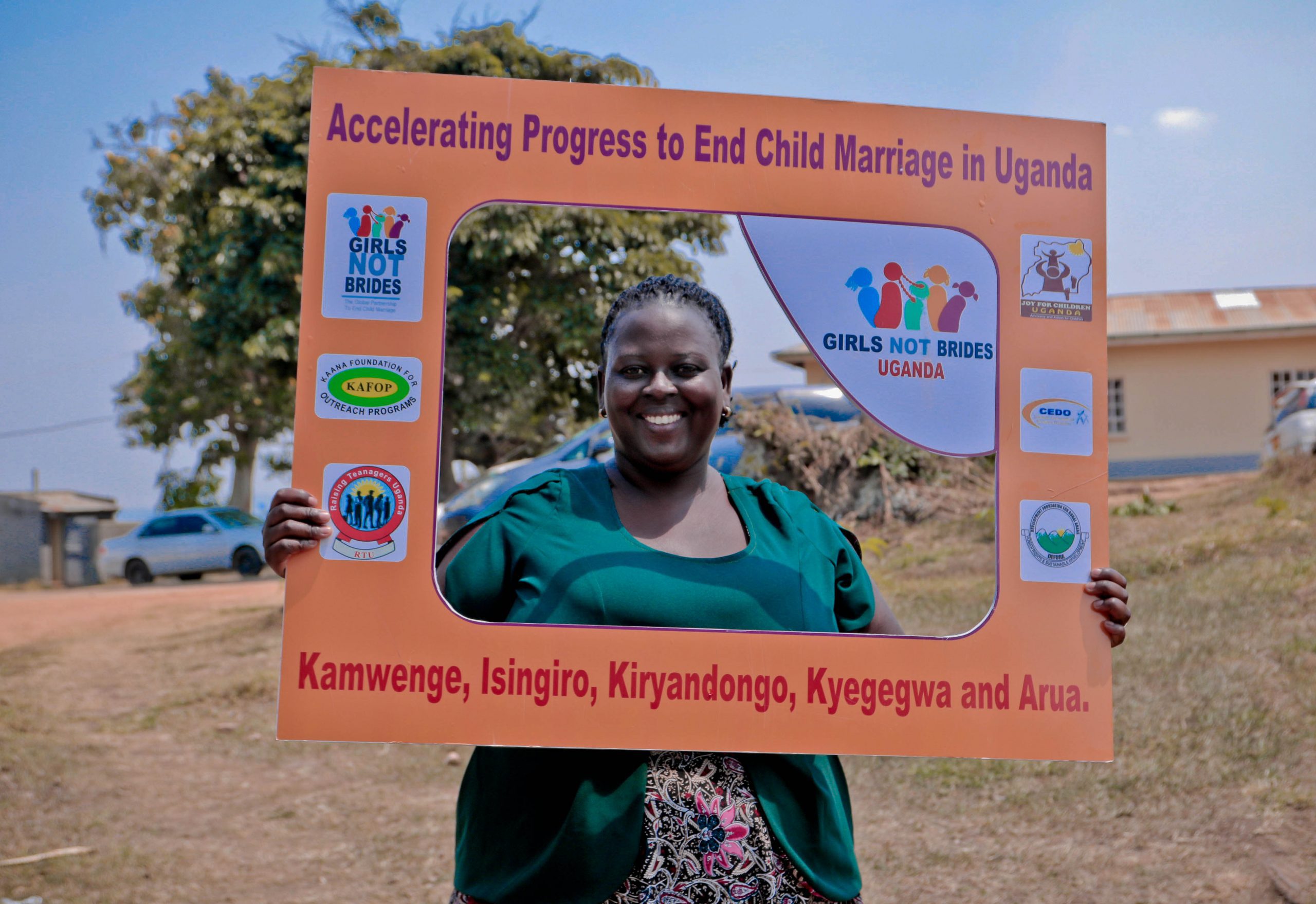
Accelerating Progress To End Child Marriage In Uganda
In 2019, with concerted efforts to achieve Girls Not Bride’s vision of a world without child marriage, where girls are…
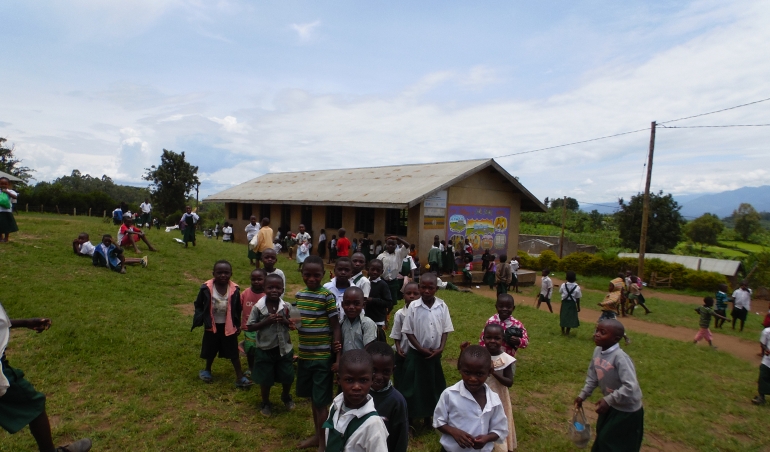
Violence Against Children Prevention Centers Project
JFC-U with funding from Child Rights and Violence Prevention Fund (CRVP) and technical support from Raising Voices, is implementing “Violence…
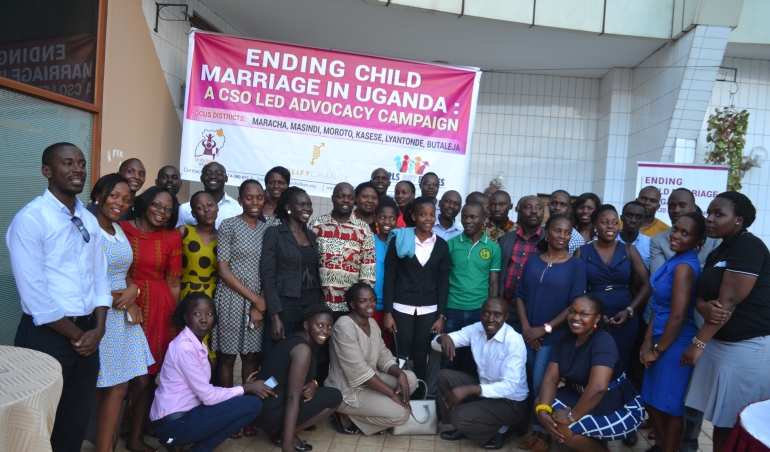
Ending Child Marriage: A CSO Led Advocacy Campaign
This project is funded by AmplifyChange and is being implemented by JFCU and other Girls Not Brides Uganda (GNBU) partners…
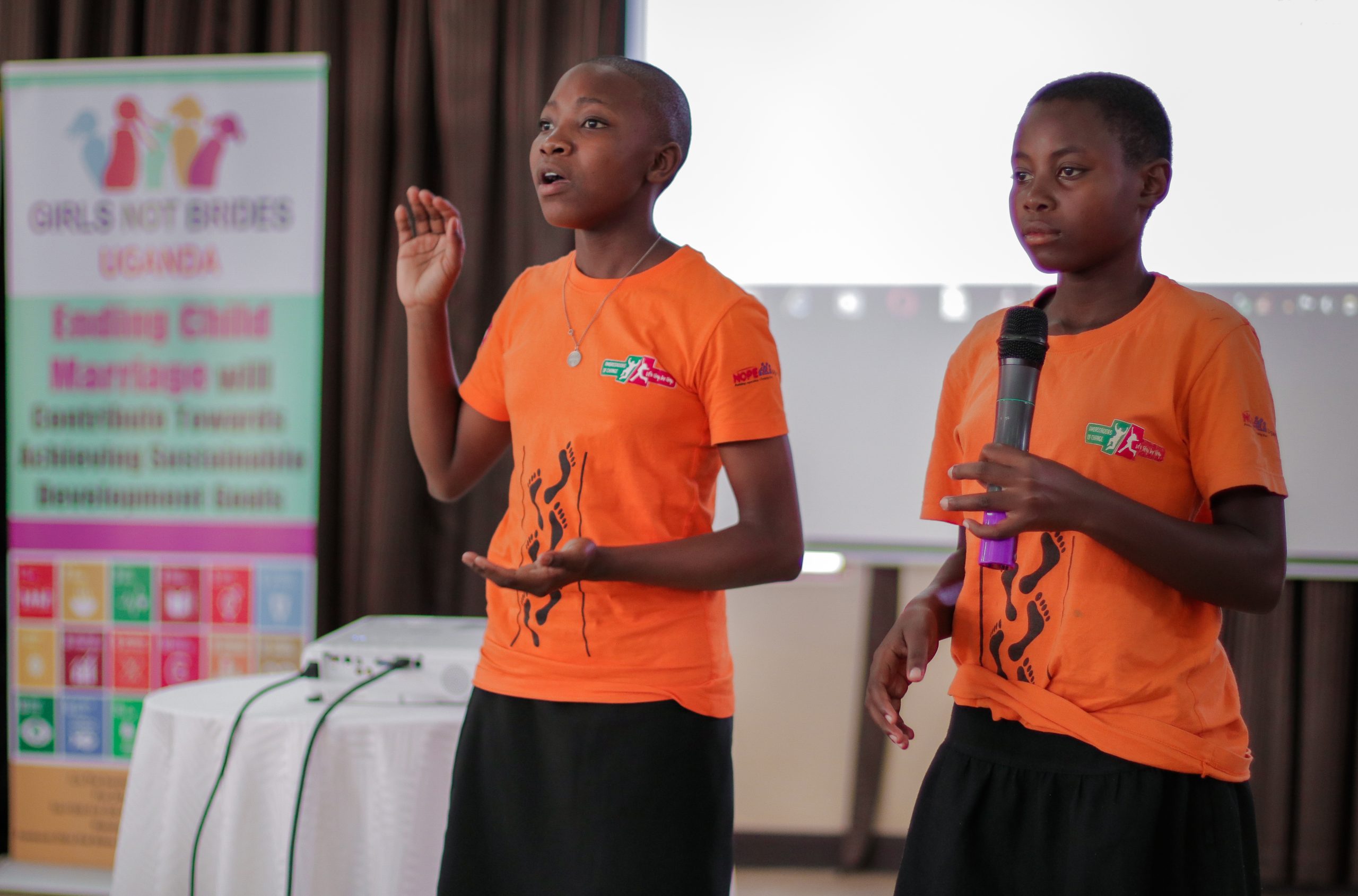
Educate A Child Sponsorship Program
In Uganda, two-thirds of children drop out of school before completing their primary education. 67% of children living in Kampala…
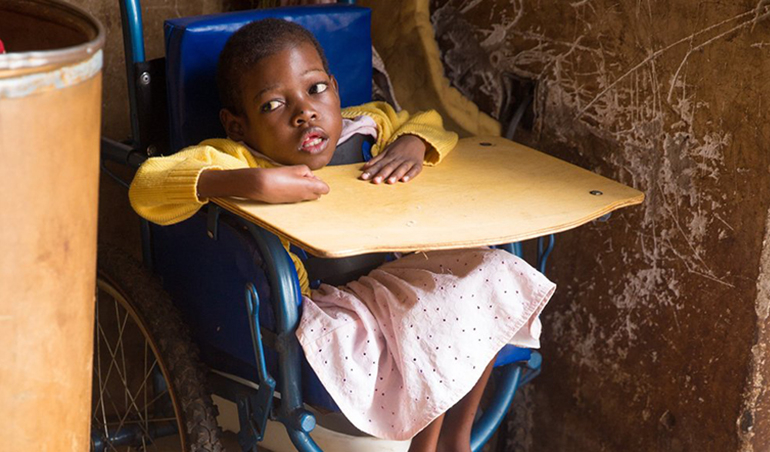
Children With Disabilities Project
The Children with Disabilities (CWD) project falls under the Kampala Slum Women Development (KASWOD) Project. It is implemented in Kampala…

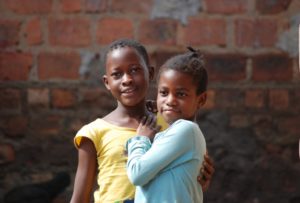 We support children from poor and vulnerable backgrounds to enroll, keep in school and complete their education.
We support children from poor and vulnerable backgrounds to enroll, keep in school and complete their education.